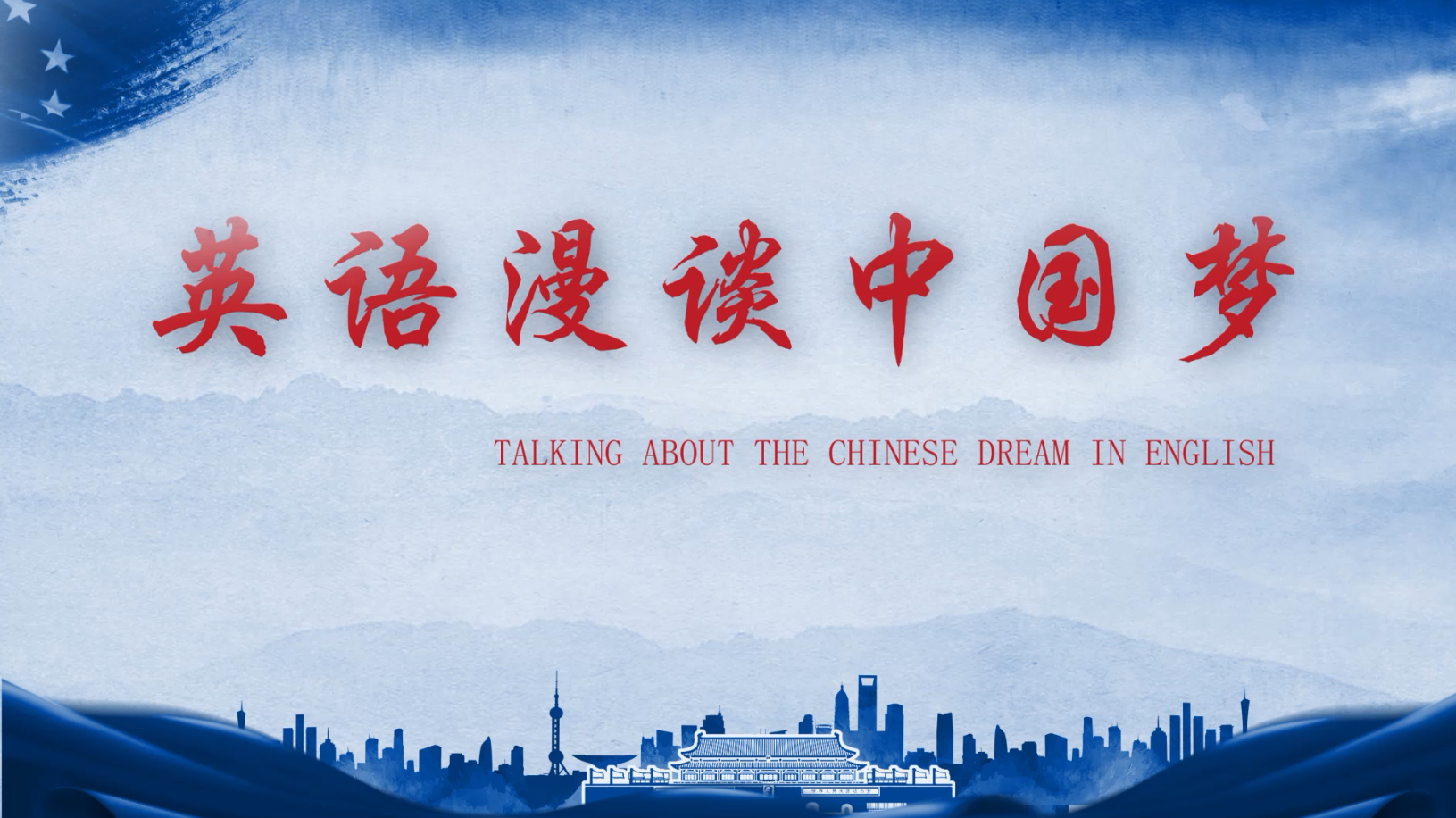第六章Psychologists take opposing views of how external rewards, from warm praise to cold cash, affect motivation and creativity. Behaviorists, who study the relation between actions and their consequences, argue that rewards can improve performance at work and school. Cognitive(认知学派的)researchers, who study various aspects of mental life, maintain that rewards often destroy creativity by encouraging dependence on approval and gifts from others.The latter view has gained many supporters, especially among educators. But the careful use of small monetary(金钱的)rewards sparks creativity in grade-school children, suggesting that properly presented inducements(刺激)indeed aid inventiveness, according to a study in the June Journal of Personality and Social Psychology.“If kids know they’re working for a reward and can focus on a relatively challenging task, they show the most creativity,” says Robert Eisenberger of the University of Delaware in Newark. “But it’s easy to kill creativity by giving rewards for poor performance or creating too much anticipation for rewards.”A teacher who continually draws attention to rewards or who hands out high grades for ordinary achievement ends up with uninspired students, Eisenberger holds. As an example of the latter point, he notes growing efforts at major universities to tighten grading standards and restore failing grades.In earlier grades, the use of so-called token economies, in which students handle challenging problems and receive performance-based points toward valued rewards, shows promise in raising effort and creativity, the Delaware psychologist claims.Psychologists are divided with regard to their attitudes toward ______.
答案:the effects of external rewards on students’ performance
What is the response of many educators to external rewards for their students?Which of the following can best raise students’ creativity according to Robert Eisenberger?It can be inferred from the passage that major universities are trying to tighten their grading standards because they believe ______.The phrase “token economies” (Line 1, Para.5) probably refers to ________.中国坚持对外开放的基本国策,坚持打开国门搞建设。中国积极促进“一带一路”国际合作。我国要加大对发展中国家特别是最不发达国家援助力度,促进缩小南北发展差距。中国支持多边贸易体制,促进自由贸易区建设。一带一路包括丝绸之路经济带和21世纪海上丝绸之路。
温馨提示支付 ¥3.00 元后可查看付费内容,请先翻页预览!

